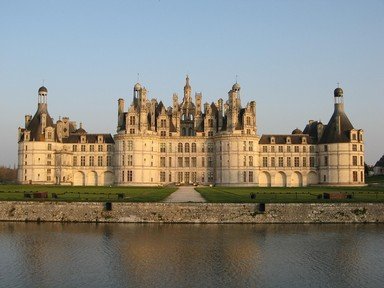Quiz Answer Key and Fun Facts
1. Joséphine Bonaparte was not born "Joséphine" and, in fact, prior to meeting Napoleon, had never been called Joséphine by anyone. What name(s) did her family and friends know her by up until 1795?
2. Joséphine Bonaparte was married to a man named Alexandre de Beauharnais before she met Napoleon. She had two children with Alexandre, but he was arrested and beheaded in 1794. During which part of French history did this occur?
3. Joséphine met Napoleon in 1795 and they were married on 9th March 1796. On the marriage certificate, Joséphin's age was dropped by 4 years, and Napoleon's increased by 18 months. Why was this done?
4. Emperor Napoleon I and Empress Joséphine were crowned in 1804. In which famous building did the coronation take place?
5. Napoleon hoped that by marrying Joséphine, he could have an heir for France. How many children did Napoleon and Joséphine have?
6. Napoleon's heir in 1807 was his nephew, Napoléon Charles Bonaparte. What was the fate of this heir?
7. Napoleon decided he needed to divorce Joséphine, and so began to create lists of eligible princesses. What was the nationality of the woman he chose as his second wife? (Sigmund Freud would know.)
8. After Napoleon and Joséphine separated, Napoleon allowed Joséphine to keep the title of Empress, and gave her enough money to live a comfortable life.
9. Joséphine died of pneumonia at noon on 29th May 1814, while the Russian Tsar Alexander I was visiting her at Malmaison. How old was she when she died?
10. When Napoleon was exiled to Elba, Joséphine asked to be able to join him, but was refused.
Source: Author
heatherlois
This quiz was reviewed by FunTrivia editor
gtho4 before going online.
Any errors found in FunTrivia content are routinely corrected through our feedback system.

